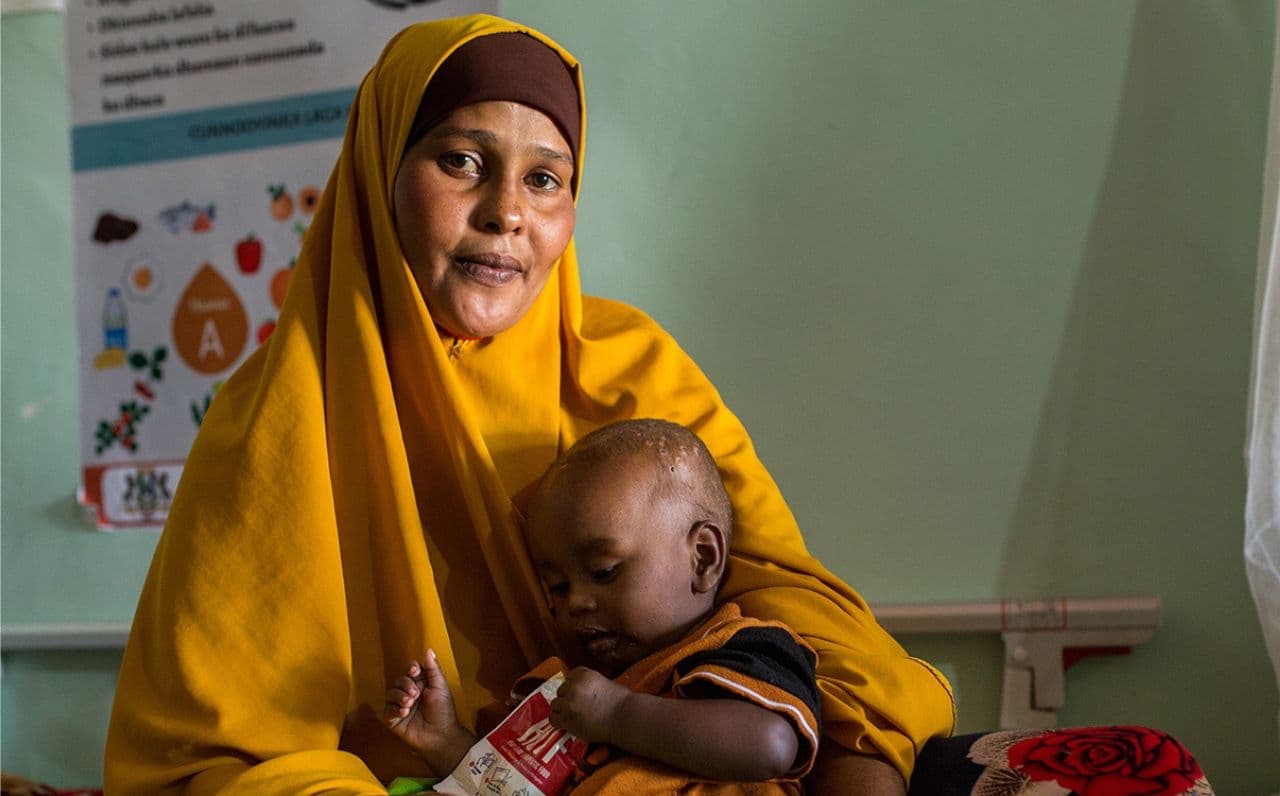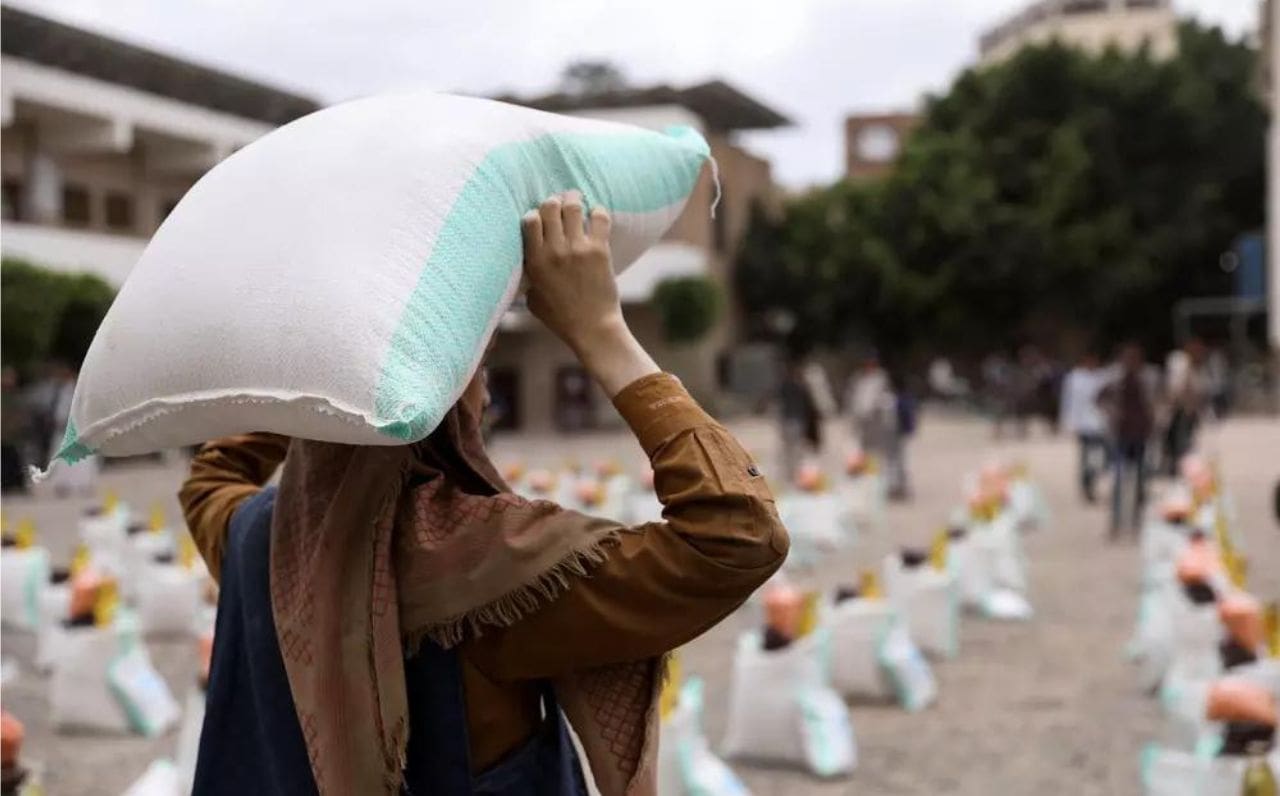Food deprivation in Afghanistan
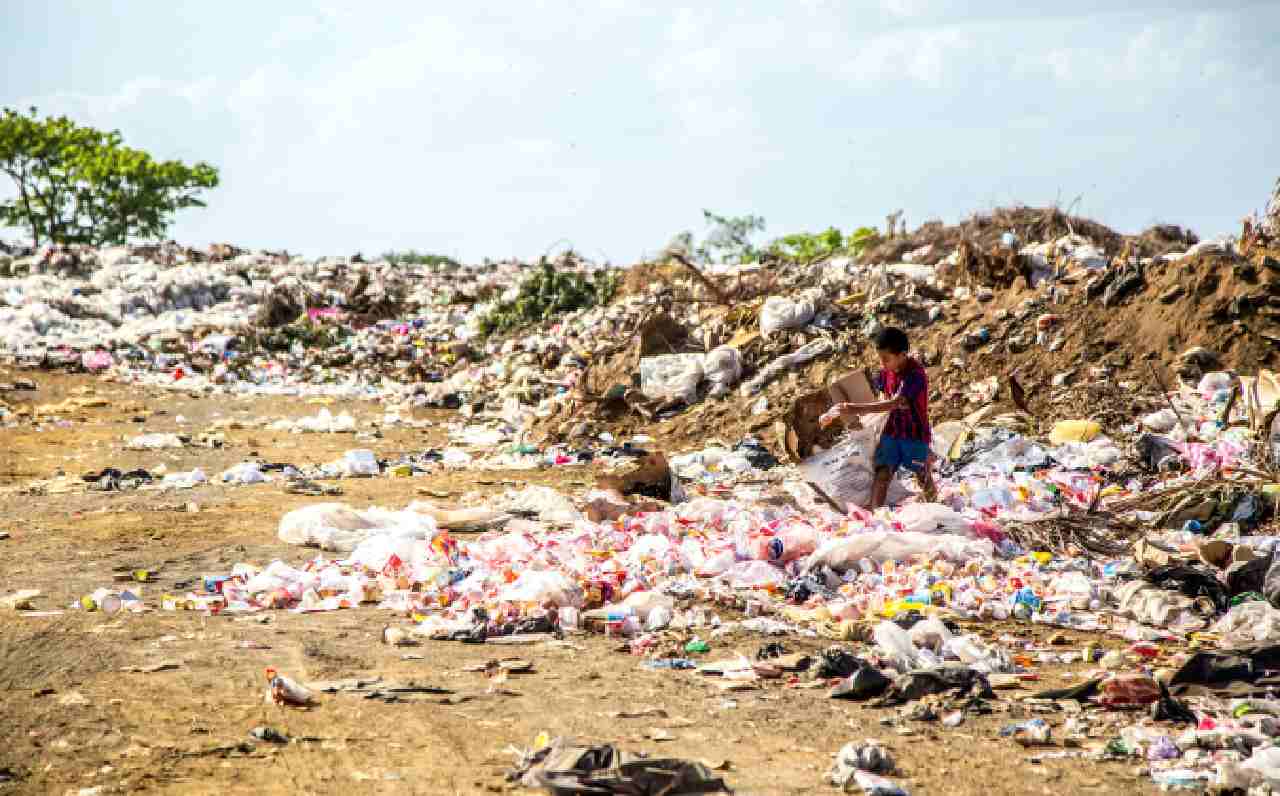
From rural drought to urban shortages: Afghanistan’s new hungry.
Weeks after the Taliban’s mid-August takeover, Afghanistan’s aid-dependent economy is straining under donor funding freezes and currency shortages. Food and commodity prices are soaring, work and income are scarce, and aid groups fear a humanitarian catastrophe looms.
Only five percent of Afghan households reported having enough food to eat, according to recent World Food Programme surveys. For the first time, there are similar levels of food insecurity among urban Afghans as drought-hit rural ones, the UN agency said: “Job losses, lack of cash, and soaring prices are creating a new class of hungry in Afghanistan.”
Food worries now stretch from the country’s remote rural corners – which often face the brunt of shortfalls caused by drought, conflict, or under-development – to its urban areas.
Maryam*, a private school teacher in Kabul, is trying to fend for her family amid rising prices and dwindling income.
Before the Taliban takeover, her father collected a pension and her brother held a government job. Both are now out of work, leaving Maryam the sole breadwinner for a family of 10.
“With the arrival of the Taliban, my father is too scared to reveal his identity as a policeman [to collect his pension],” Maryam told The New Humanitarian by phone. “So, I have to help support the whole family.”
COVID-19 closures kept her out of work for months before the Taliban seized Kabul. Her private school has re-opened, but there are few students. She hopes to earn extra money by providing private tuition, but she’s afraid to leave the house on her own, fearing strict Taliban censure.
Her father and brothers are trying to help by seeking out day labour. But in Kabul, such casual work is only available one day a week on average – and falling – according to the WFP household surveys.
“We have cut our grocery expenditures and are trying to consume as little as possible in fear of starvation,” Maryam said.
Local shopkeepers that keep families afloat during hard times have now stopped providing basic goods on loan, fearing customers won’t be able to pay, she said.
While many are struggling across the country as food prices spiral, urban households are among the most vulnerable, said Saeed Ullah Khan, a consultant with Islamabad-based Glow Consultants, whose work includes humanitarian programme monitoring and research in Afghanistan and Pakistan.
“What they’re doing is they’re going to the more negative coping mechanisms: selling assets, starting with the household items, property, and jewellery,” said Khan, whose firm has conducted food security research across Afghanistan.
“Those who are living in the urban centres, they do not have any homegrown food at their disposal,” he added. “In the rural areas, people do have chickens, they have orchards, they have some kind of storage capacity, whereas these kinds of options are not available to people in the urban settlements.”
Afghanistan’s humanitarian crises – from conflict and drought, to internal displacement and forced returns – are deeply intertwined. Violent conflict forces families to migrate or flee, but so does drought, food insecurity, and a lack of economic opportunity.
Today’s economic crash and food worries could push desperate people to migrate in the weeks or months ahead, Khan said.
“In Afghanistan, the foremost need right now is food security,” he said.
Source & credit: The new humanitarian aid
Photo by Hermes Rivera on Unsplash
Middle east

2021 Oct 24
Middle east

2024 Dec 10
Africa

2024 May 10
Threats against Christians in Australia increase
International, Americas

2024 Apr 16
Increasing Arrests and Faceless Victims Revealed in Latest Findings.
Middle east

2024 Feb 23
SimilarNews
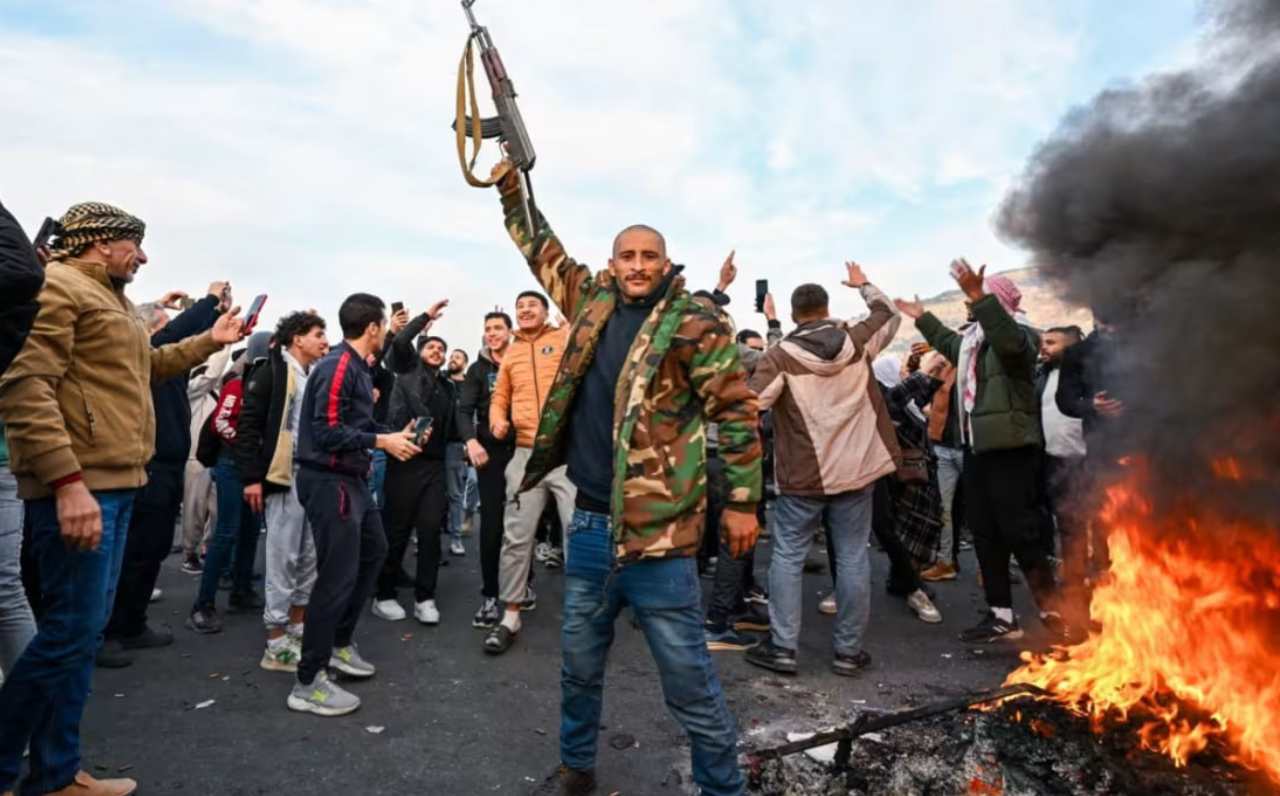 Syrian Christians Face Persecution
Syrian Christians Face Persecution Rebel Takeover Sparks Fear for Minority Groups.
Middle east

2024 Dec 10
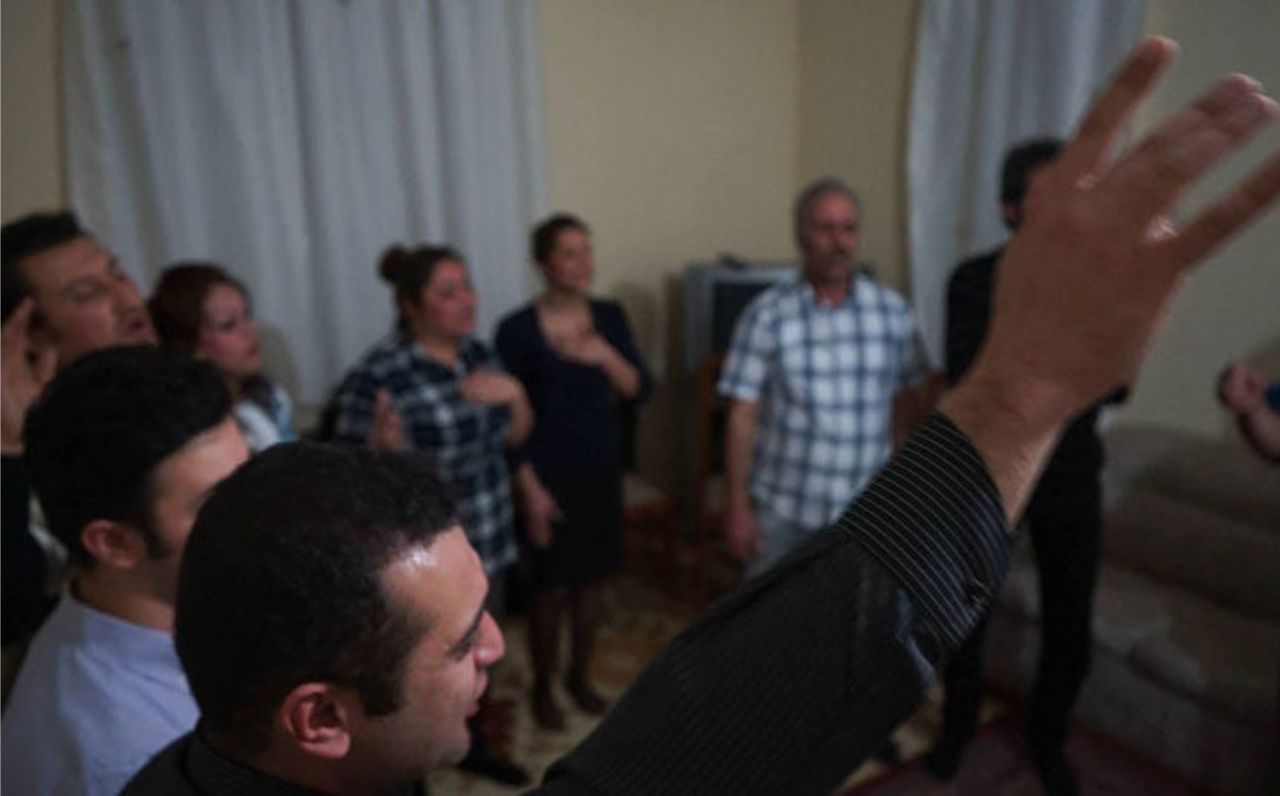 Report Highlights Rights Violations Against Christians in Iran
Report Highlights Rights Violations Against Christians in Iran Increasing Arrests and Faceless Victims Revealed in Latest Findings.
Middle east

2024 Feb 23
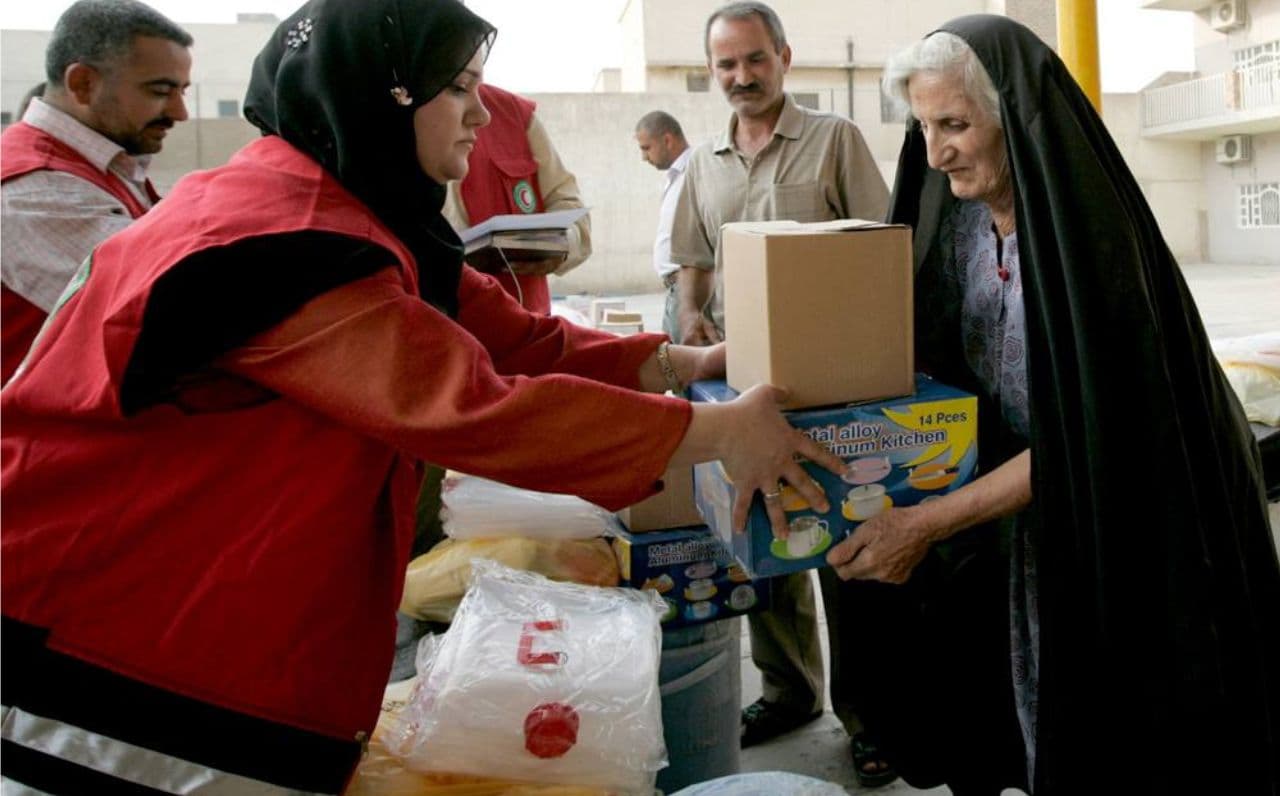 Coalition Strengthens Aid Efforts for Displaced Christians in Iraq
Coalition Strengthens Aid Efforts for Displaced Christians in Iraq Uniting to Provide Crucial Assistance Amid Ongoing Challenges.
Middle east

2024 Feb 19
Slavery Grips Pakistan's Christian Minority.
Middle east

2024 Jan 27
Concerns about the detrimental impact on civilians and IDPs.
Middle east

2024 Jan 26
